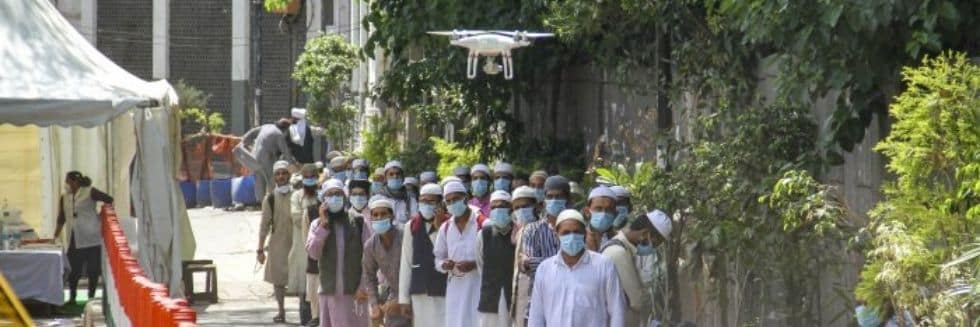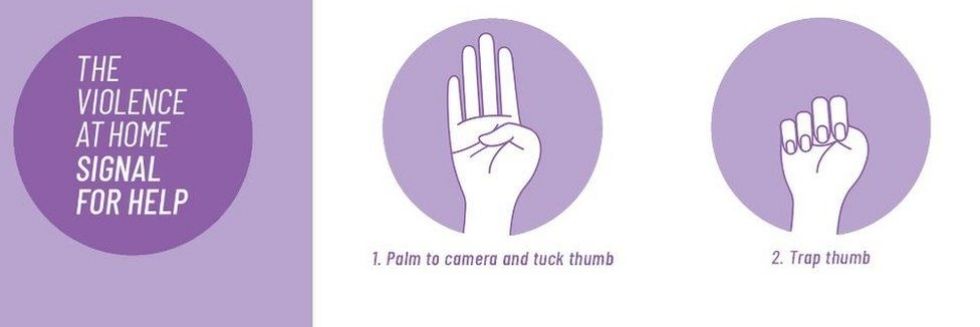In a monumental legal triumph, the Supreme Court comprising Justices Abhay Oka and Ujjal Bhuyan acquitted Pramila in the case of Pramila v. the State of Chhattisgarh (Criminal Appeal No(s). 64/2012). Convicted for a murder committed on June 15, 2000, Pramila had been punished with a life sentence by the trial court. Following an unsuccessful appeal to the High Court, she brought her case to the Supreme Court. A pivotal turn in the proceedings occurred during the Supreme Court appeal as Pramila invoked the plea of ‘juvenility’ at the time of the offence. The court after scrutinizing documents verifying her date of birth affirmed her juvenile status during the incident. The case was framed under the Juvenile Justice Act, 1986 given that the offense predated the Juvenile Justice Act, 2000.
Highlighting the appellant’s age of 17 years, 09 months and 14 days on the date of the offence, the court contended that life imprisonment was unwarranted. The Juvenile Justice Act provisions prohibited sentencing a juvenile to imprisonment. The court’s discerning judgment ultimately led to the acquittal of Pramila overturning the decisions of both the High Court and the Trial Court marking a historic legal redemption for the accused.
CASE DETAILS:
Pramila v. State of Chhattisgarh
Criminal Appeal No(s). 64/2012
Supreme Court
Coram: Justices Abhay Oka and Ujjal Bhuyan
BRIEF FACTS:
• Pramila convicted for a murder offense on June 15, 2000 received a life sentence from the trial court.
• Her appeal to the High Court challenging the sentence was unsuccessful prompting her to file the current criminal appeal before the Supreme Court against the High Court’s decision.
OBSERVATIONS:
During the appeal, the accused raised the plea of ‘juvenility’. Upon examining documents verifying the accused’s date of birth, the court confirmed her juvenile status at the time of the offence. The court emphasized that the case falls under the Juvenile Justice Act, 1986 defining a juvenile girl as one who has not reached eighteen years. As the incident predates the Juvenile Justice Act, of 2000, the court applied the 1986 Act which considers a juvenile girl as one below eighteen.
The appellant’s age on the offence date was 17 years, 09 months and 14 days. The court argued that life imprisonment wasn’t justified as the maximum punishment under the JJ Act is confinement in a special home for up to three years for a girl of sixteen. Sections 22(1) of the 1986 JJ Act and Section 16 of the 2000 JJ Act prohibit sentencing a juvenile to imprisonment. Considering the accused’s eight-year incarceration, the court opted not to refer her to the Juvenile Justice Board.
JUDGEMENT:
The Supreme Court acquitted the woman originally sentenced to life imprisonment for a murder offence by overturning the concurrent decisions of the High Court and the Trial Court. Justices Abhay Oka and Ujjal Bhuyan emphasized that the accused was a juvenile in 2000 when the offence occurred. Consequently, no punishment could be imposed under the Juvenile Justice Act leading to the setting aside of the earlier judgments.






